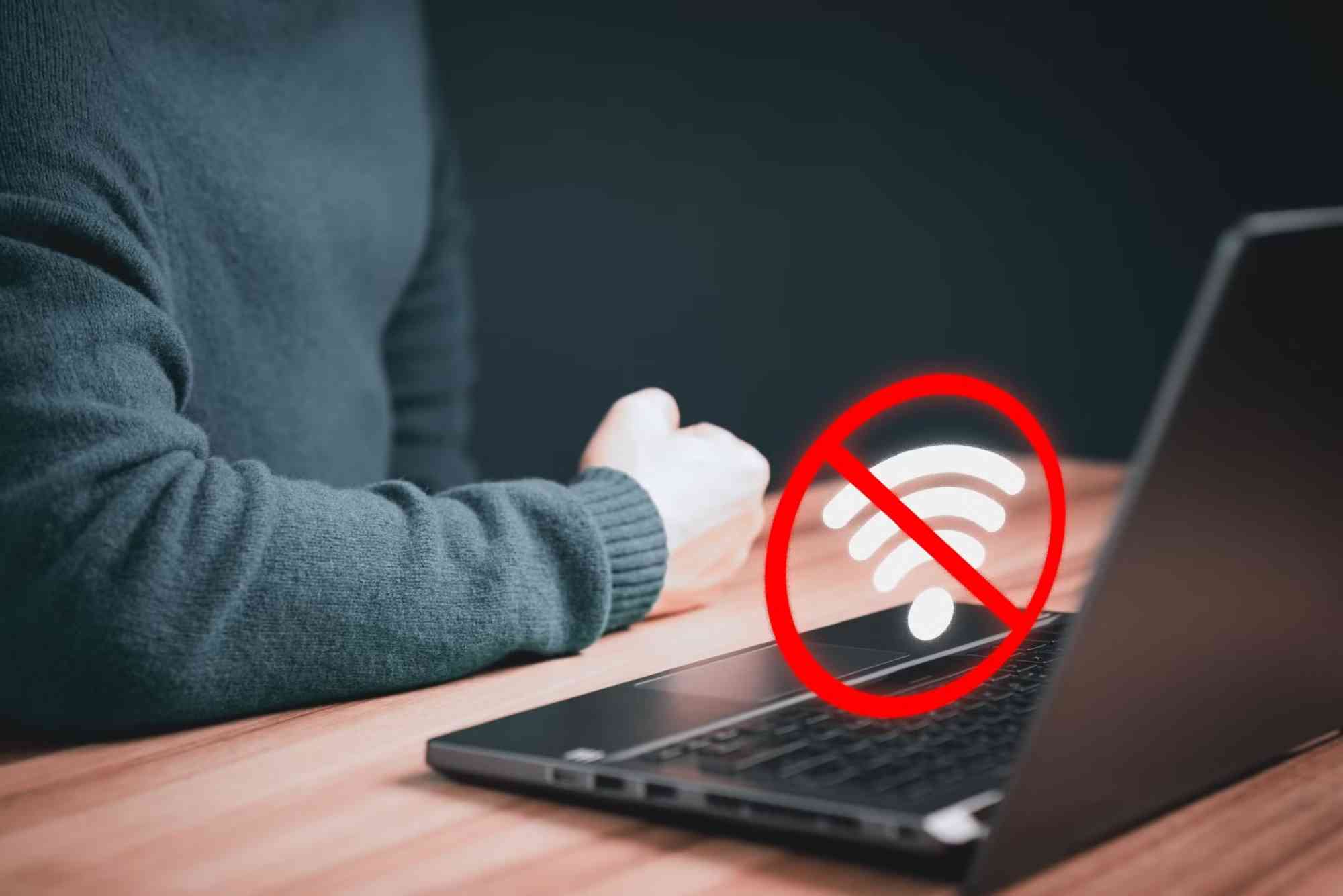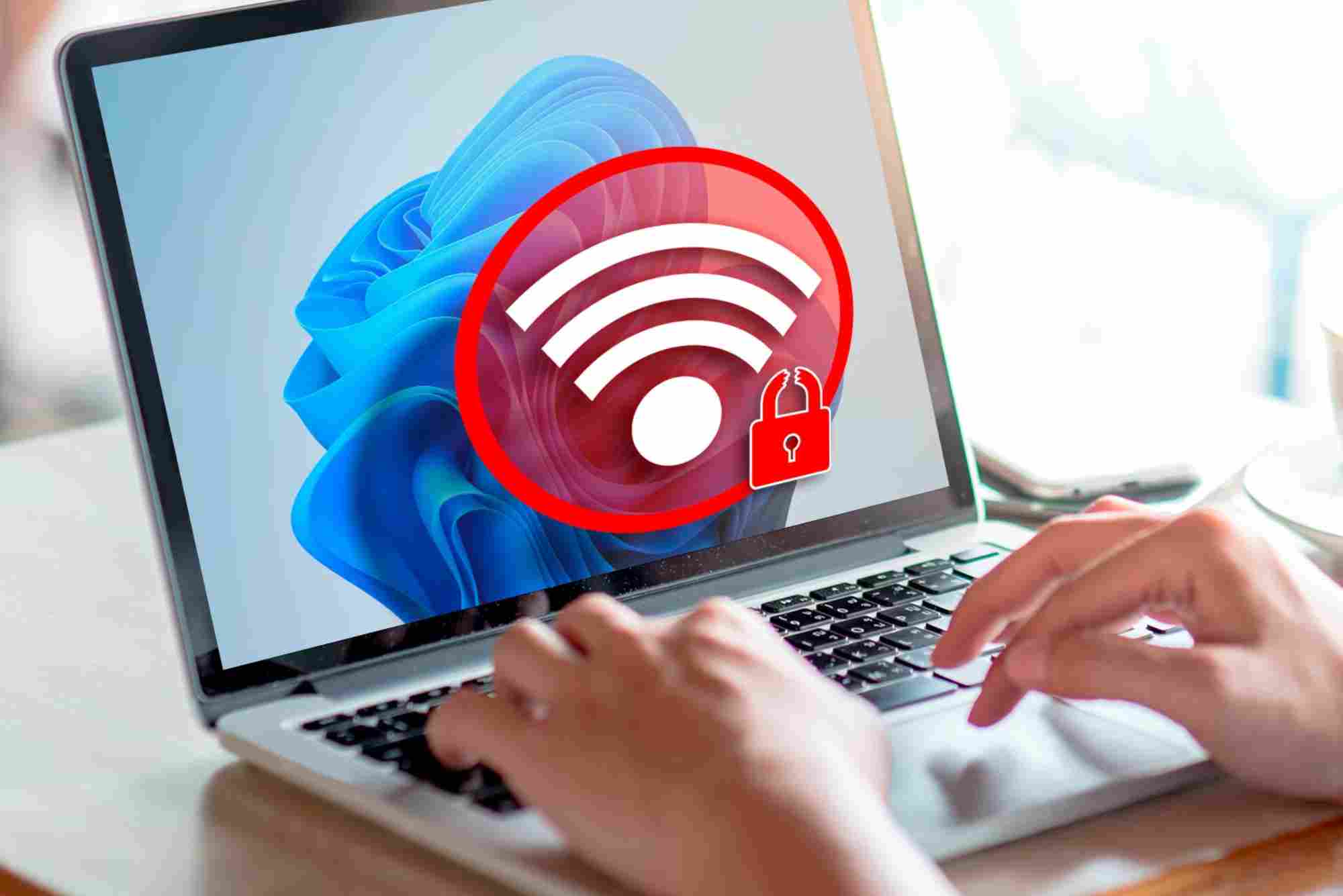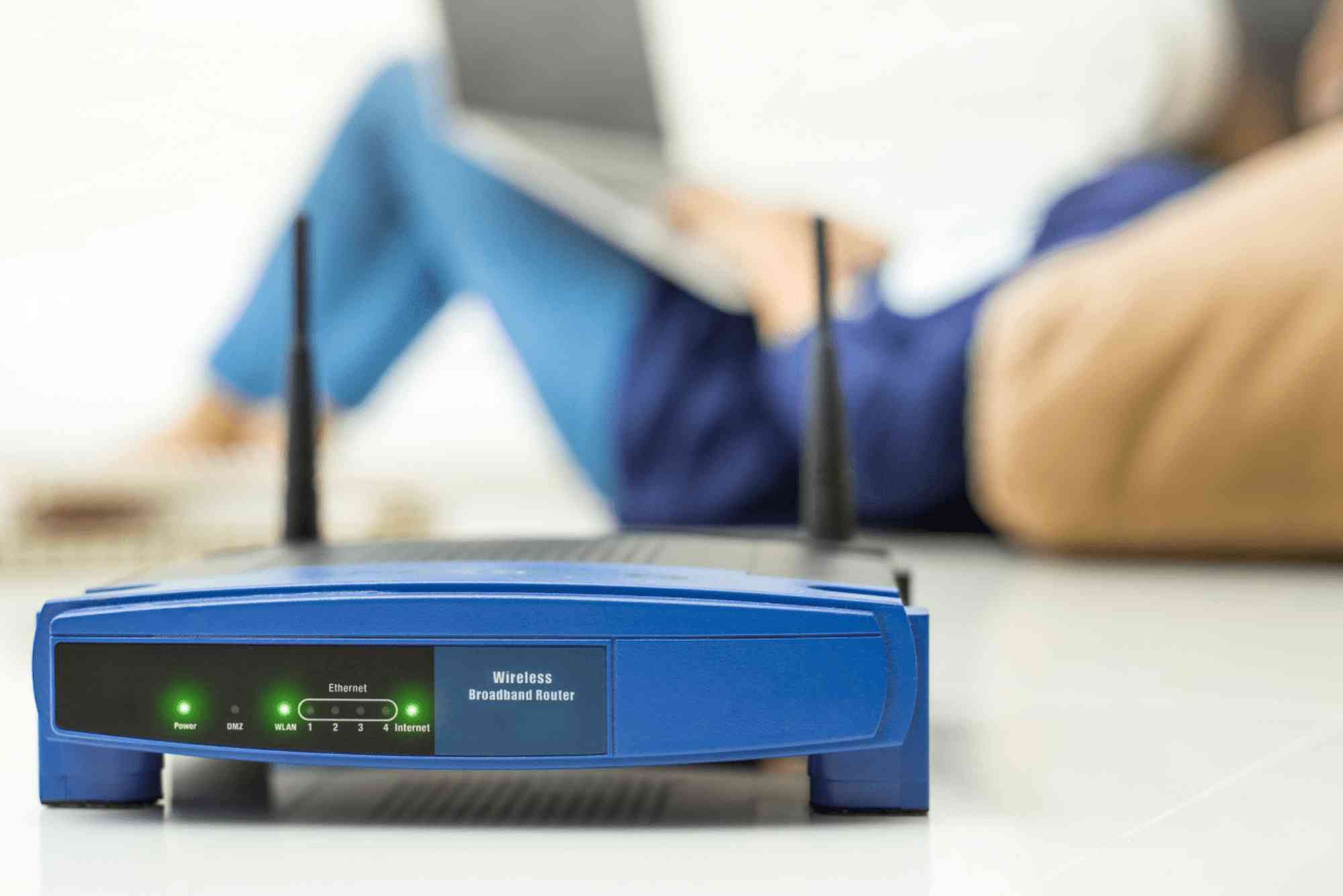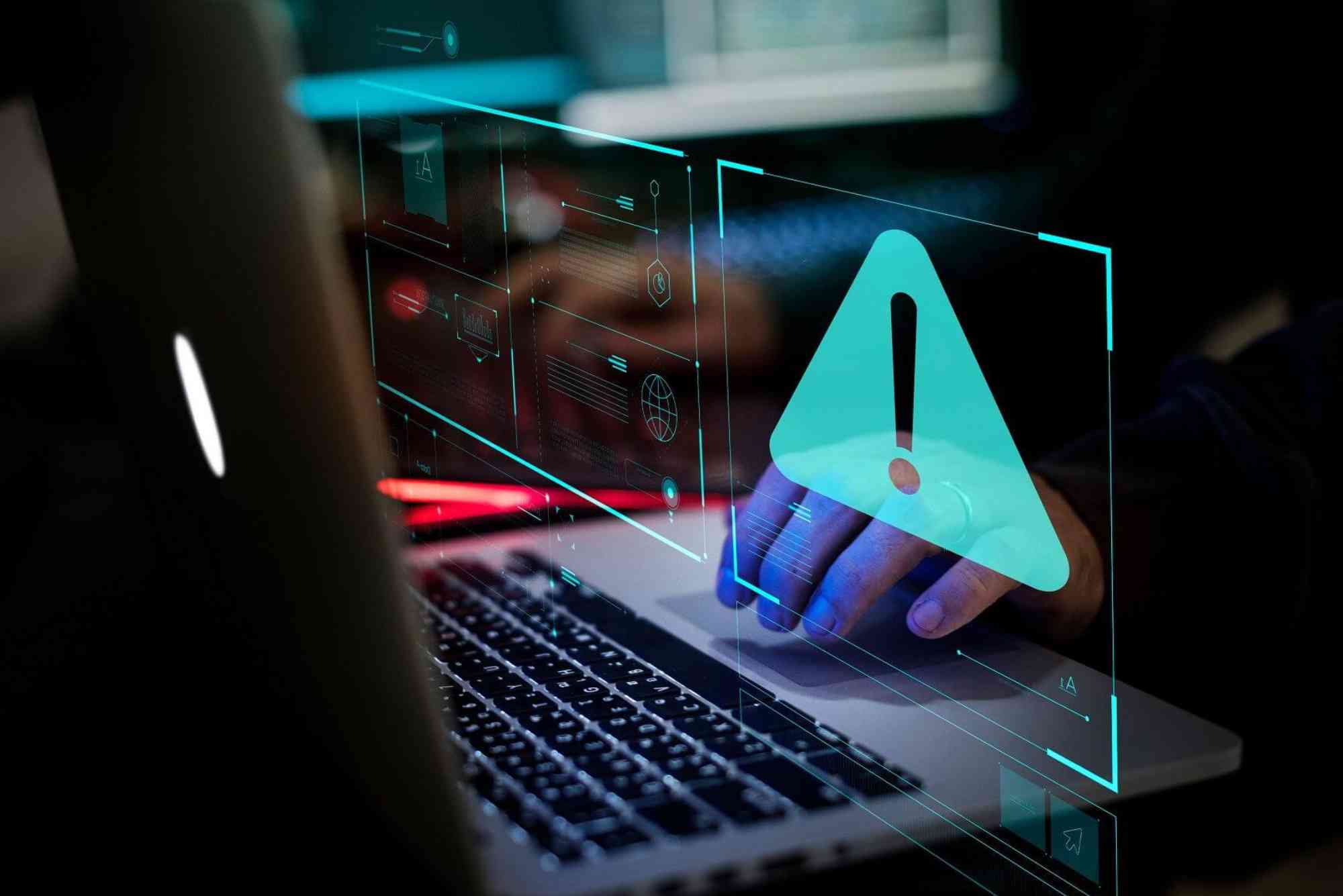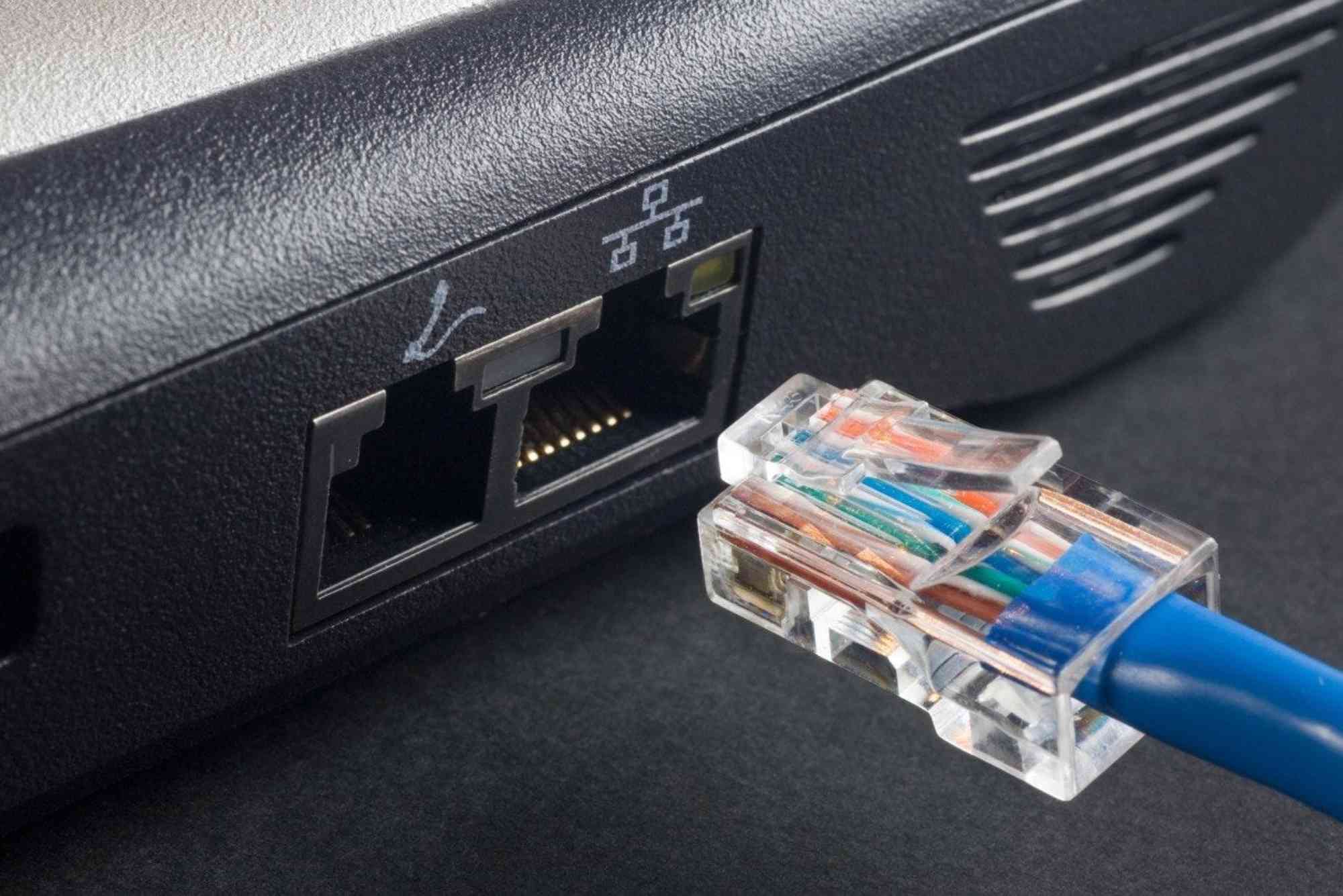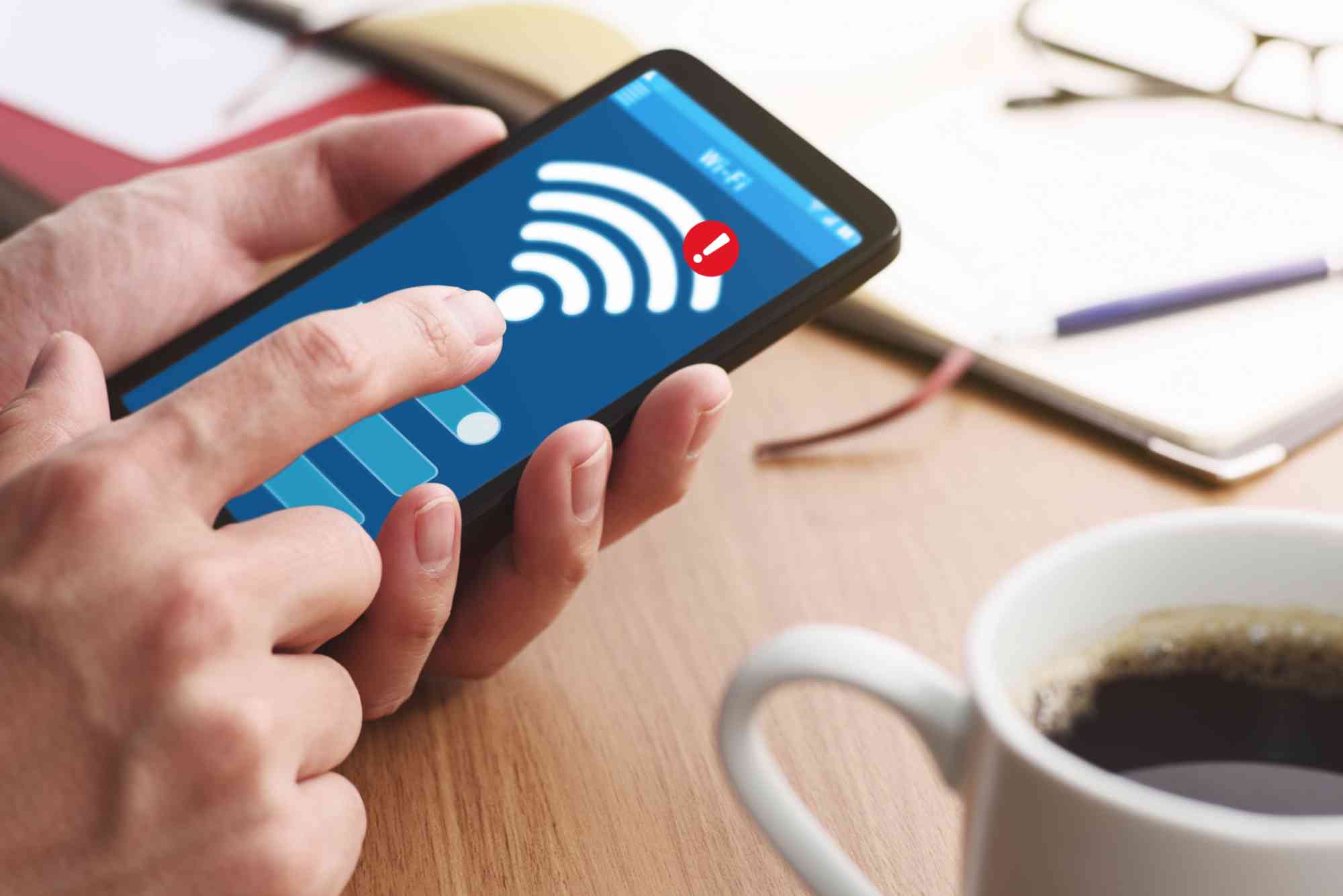How to Secure Yourself When Using Public Wi-Fi Networks
Public Wi-Fi networks are everywhere—cafes, airports, hotels, and shopping centers all offer them. While convenient, they also carry risks that many people overlook. Hackers use open networks to steal data, inject malware, or track browsing habits. If you have ever connected without thinking, you may have exposed sensitive information like passwords, emails, or bank details. Understanding how to secure public Wi-Fi is essential to protect your privacy and online safety. This guide will walk you through the risks, best practices, and tools you need to stay safe.
Why Public Wi-Fi Is a Security Risk
Most public networks lack proper encryption. This means data can travel in plain text, allowing hackers to intercept it. Attackers often set up fake hotspots that look legitimate but capture all your traffic. Even on networks that require a password, security can be weak, exposing you to risks like session hijacking, man-in-the-middle attacks, and malware distribution. Recognizing these dangers is the first step toward making smarter decisions.
How to Secure Public Wi-Fi: Essential Practices
Always Use a VPN
A Virtual Private Network (VPN) encrypts your traffic, making it unreadable to prying eyes. Even if hackers intercept data, they only see scrambled information. VPNs are especially useful on open networks because they create a secure tunnel between your device and the internet.
Turn Off Automatic Connections
Many devices are set to connect to known Wi-Fi networks automatically. This can be dangerous because attackers often use names like “Free Airport Wi-Fi” to trick devices. Disable this feature so you only connect when you choose.
Verify the Network Before Connecting
Ask staff at the café, hotel, or airport for the official network name. Hackers often use slight variations to mislead users. A quick confirmation can prevent you from joining a malicious hotspot.
Use HTTPS Websites
When browsing, ensure the site address begins with “https://”. This indicates the website is encrypted, adding another layer of protection. Some browser extensions force HTTPS connections whenever possible, which can be very effective.
Keep Your Device Updated
Operating systems and apps release regular security patches. Delaying updates leaves your device open to known vulnerabilities. Always keep your system, browser, and security software up to date before connecting to public Wi-Fi.
Enable Two-Factor Authentication
Even if a hacker steals your password, two-factor authentication (2FA) prevents them from logging into your accounts. Use apps like Google Authenticator or SMS codes to secure email, banking, and social media accounts.
Limit Sensitive Activities
Public Wi-Fi is not the place for online banking, shopping, or confidential work unless absolutely necessary. If you must perform these tasks, always use a VPN and secure websites.
Turn On Firewall and Antivirus Protection
A firewall blocks unauthorized traffic, while antivirus software detects malware attempts. Together, they reduce risks significantly. Always keep both enabled when on unfamiliar networks.
Use a Mobile Hotspot When Possible
Your smartphone’s data connection is more secure than public Wi-Fi. If you need to access sensitive accounts, consider tethering your laptop through your mobile network instead of connecting to free hotspots.
Advanced Security Measures for Public Wi-Fi
Disable File Sharing and AirDrop
On laptops and phones, file sharing can expose your device to strangers on the same network. Disable file sharing, printer sharing, and AirDrop when connected to public Wi-Fi.
Log Out After Use
After finishing your browsing session, log out from email, banking, or work accounts. This reduces the risk of session hijacking. Clearing your cookies and cache also prevents information leaks.
Use Strong, Unique Passwords
Password reuse is a major vulnerability. Use a password manager to generate and store strong, unique passwords. This ensures that even if one account is compromised, others remain safe.
Monitor Your Accounts Regularly
Check your bank, email, and online accounts for unusual activity. The sooner you detect suspicious activity, the faster you can respond by changing credentials or notifying your provider.
Real-World Scenarios and Tips
Imagine working remotely from a café. Without precautions, every email, file, or login could be intercepted. By using a VPN, disabling auto-connect, and sticking to HTTPS sites, you reduce the risk. Another scenario could be traveling abroad. Hotel Wi-Fi might seem safe, but attackers often target these networks. Carrying your own portable hotspot or using your mobile data when handling financial transactions provides a safer option.
How Businesses Can Protect Their Employees
If you manage remote staff, educate them on how to secure public Wi-Fi. Provide corporate VPN access, enforce device encryption, and require regular updates. Investing in cybersecurity awareness pays off by preventing costly breaches. Many companies also partner with providers like Dhanote Internet Services for reliable and secure connectivity solutions.
Frequently Asked Questions
How do I protect myself on public Wi-Fi without a VPN?
You can still stay safe by only visiting HTTPS websites, avoiding sensitive activities, disabling file sharing, and keeping your system updated. However, a VPN remains the most effective solution.
Is public Wi-Fi safe if it has a password?
Not always. Password protection prevents outsiders from joining, but anyone else on the network could still intercept your traffic. Always combine this with a VPN and cautious browsing habits.
What should I avoid doing on public Wi-Fi?
Avoid online banking, shopping, or accessing sensitive company data. Stick to casual browsing or streaming. For important tasks, use mobile data or a secure hotspot.
Can my phone get hacked through public Wi-Fi?
Yes. Phones are just as vulnerable as laptops. Attackers can exploit open connections to inject malware, steal login credentials, or track activity. Securing your device and using a VPN greatly reduces this risk.
Do hotels and airports have secure Wi-Fi?
Most provide convenient access but not strong security. Even legitimate networks can be unsafe without encryption. Always verify the official network and use additional protections like a VPN.
Stay Secure, Stay Connected
Public Wi-Fi offers convenience but comes with significant risks. Hackers exploit weak security to steal data, hijack sessions, and spread malware. Fortunately, following best practices makes it possible to use public Wi-Fi safely. By using a VPN, keeping devices updated, sticking to HTTPS sites, and avoiding sensitive activities, you can browse with confidence.
Remember, your online safety depends on proactive habits. Next time you connect, take a few extra steps to protect yourself. Secure browsing isn’t just a luxury—it’s a necessity in today’s digital world. Start implementing these measures today and enjoy the benefits of public Wi-Fi without compromising your privacy.

